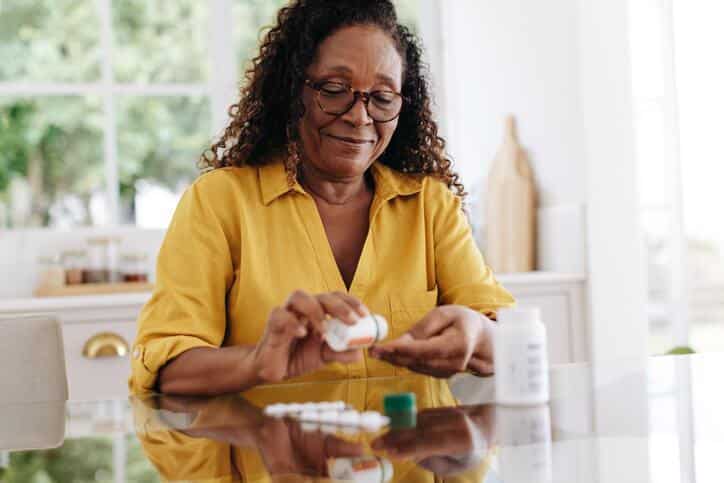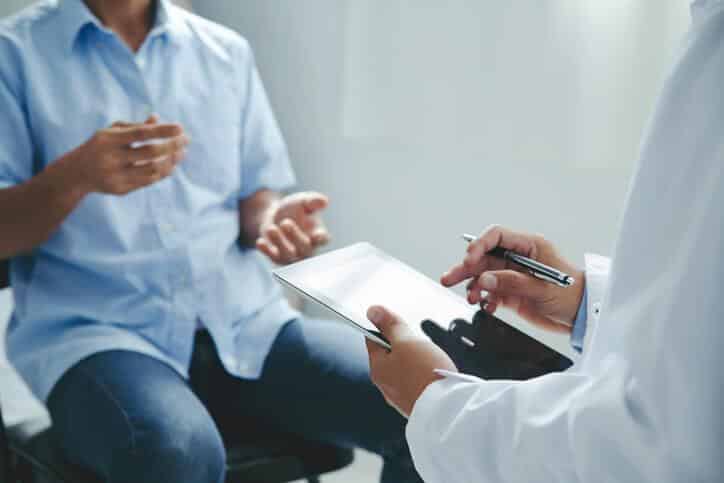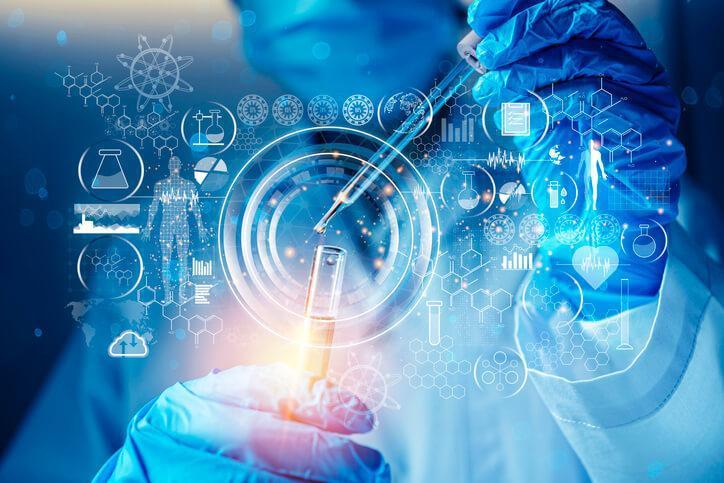In several countries, adverse drug reactions (ADRs) are listed as one of the top ten primary causes of death, according to the World Health Organization (WHO). To enhance public health by preventing or minimizing harm to patients, it’s crucial to have systems in place for assessing and overseeing the safety of medications in clinical settings.
This is where pharmacovigilance comes in, the science and activities relating to detecting, assessing, understanding, and preventing adverse effects or any other medicine-related problem. Understanding the global scale of pharmacovigilance is invaluable for students navigating the intricate corridors of pharmaceutical school. Here’s why.
The Imperative for Global Vigilance
Students undergoing pharmaceutical training must recognize that the products they work with do not limit themselves to local or national boundaries. Medications, once developed, often find markets across continents. Understanding the regulatory requirements of not just one but many regions is essential. Global pharmacovigilance provides a holistic view of various regions’ regulatory landscapes, ensuring that future professionals can ensure global compliance.

Students undergoing pharmaceutical training must not limit themselves to local boundaries.
Different regions have their own set of pharmacovigilance requirements. Bodies like WHO, EUDRAvigilance, Medwatch, and MedEffect have set standards that need adherence. Global pharmacovigilance focuses on these standards, ensuring students can navigate global requirements. The intricate timelines and electronic submission protocols for safety reporting are also addressed, granting a clear path for potential future submissions.
Key Principles for Ethical and Compliant Clinical Trials
Clinical trials are central to the development of new drugs. global pharmacovigilance highlights the foundational guidelines for these trials, emphasizing ethical considerations like informed consent, safety reporting, and stringent data management. Ensuring these parameters will not only maintain the integrity of the research but also fortify public trust.

Pharmaceutical school graduates are equipped with the skills to develop safe drugs.
The ethical responsibility for ensuring patient safety while conducting clinical trials is at the heart of pharmacovigilance. Students in pharmaceutical school should not just be equipped with the skills to develop or market drugs but also with the moral compass to prioritize the well-being of patients over everything else. This is where pharmacovigilance steps in. Grasping the core principles of global pharmacovigilance reinforces this ethical foundation, instilling a deep-seated respect for their immense responsibility.
Beyond the Basics After Pharmaceutical School
The world of pharmaceuticals and biotechnological products is a complex interplay of innovation, regulation, and safety. As medicines and therapeutic products are developed, their post-market surveillance becomes equally crucial. Adverse events, interactions with other drugs, and potential long-term consequences require vigilant monitoring. This is where pharmacovigilance steps in, continues, and expands its processes, ensuring that the benefits of a drug outweigh the risks.

Adverse events and interactions with other drugs are aspects that require vigilant monitoring.
Global pharmacovigilance delves deeper into pharmacovigilance, extending the knowledge of simple adverse event reporting. It familiarizes students with signal detection and risk management concepts, which are essential for preventing potential drug crises in the future. These aspects go beyond compliance and venture into proactive safety management, a crucial feature of modern pharmacology.
Further, understanding each role in the vast pharmaceutical domain is vital. Global pharmacovigilance depicts various stakeholders’ roles, from sponsors and investigators to ethics committees and regulatory authorities. Recognizing these roles ensures smooth operations and strengthens collaboration between various entities.
Interested in world-class pharmacovigilance training?
Contact AAPS for more information.




